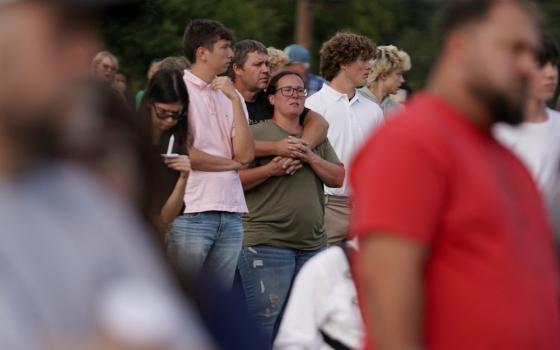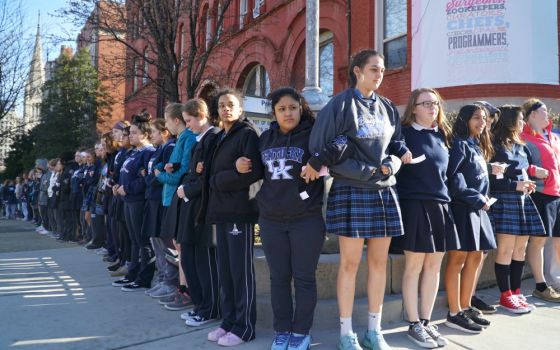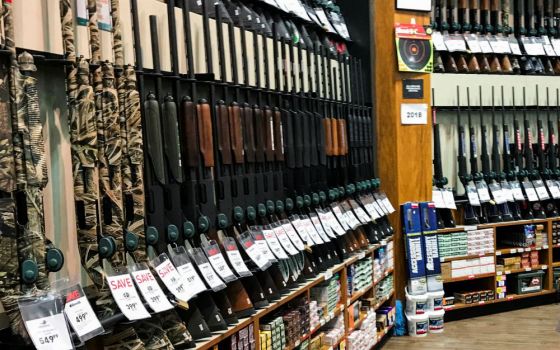The horrific mass shooting in Orlando connects with just about every issue that is front and center in our country today. There is the issue of terrorism, since the shooter indicated his allegiance to the Islamic State. There is the issue of racism, since this was predominantly a Hispanic crowd. There is the issue of LGBT relations, since the incident occurred at a gay nightclub. There is the possibility that a mental health issue is also part of the picture. Finally there is the inevitable issue of gun violence.
We are told that this is the worst mass shooting in American history. While there is clearly a terrorist element to the shooting, one wonders if there is not also an element of domestic terrorism. The 29 year old Omar Mateen was born in Queens and raised in the United States. His attack on a gay bar seems to reflect a combination of religious motives and anti-gay prejudice he may have learned in part from the community. He may also have had his own sexual identity issues that could have contributed to his hatred and determination to act against this community. Why he chose to carry out this attack on Latin night at the club is also unclear. We do know that 90 percent of the 49 victims were Hispanic.
Clearly this shooting is a complicated event that can produce a variety of interpretations. Yet the manner of death is not in doubt. The shooter, Omar Mateen, used an assault rifle similar to the AR-15, along with a handgun. The assault weapon is similar to those used in other mass shootings. Nicholas Kristof of The New York Times addresses the gun issue in an insightful and powerful way.
Kristof uses the example of Canada to highlight the gun issue. He notes that Canada has had eight mass shootings in the last two decades while the United States has had 20 this month. He goes on to observe that Canada has admitted more than 27,000 Syrian refugees since November while the United States has admitted somewhere around 2,700 or 2,800. He thus casts doubt on Donald Trump's assertion that the problem is our admission of Muslims to the United States.
Canada has a Muslim population of 3.2 percent while the figure is about 1 percent in the United States. Kristof thus concludes that "perhaps the problem isn't so much Muslims out of control but guns out of control."
Kristof notes some truly alarming statistics, including the reality that more preschoolers up to age 4 are shot dead each year than are police officers. Experts estimate that a serious effort to reduce gun violence could save more than 10,000 lives each year.
The sheer absurdity of our current laws is shown by a couple of other points. Mateen could not have legally purchased lawn darts because they are deemed unsafe. He could not have purchased a black water gun without an orange tip because it would be too dangerous. Yet we allow an assault weapon to be purchased legally in too many cases without even a background check.
While there seemed to be hope that something might pass after the filibuster led by Sen. Christopher Murphy, all four bills went down to defeat. Maybe there is still hope for a piece of compromise legislation.
A ban on assault weapons does not appear to be part of the conversation. The New York Times article cited above reports that the victims had deep gaping wounds from the rounds fired from the assault rifle. In some cases the rounds bounced around inside their bodies inflicting internal injuries. I have wondered at times whether it would have made a difference if we had seen any of the bullet-riddled bodies of the young children killed at Newtown. Would it have made it a little more difficult to speak of an AR-15 as a legitimate weapon to be sold on the open market?




